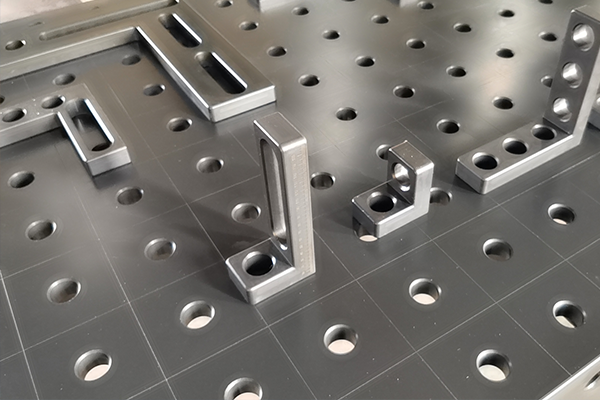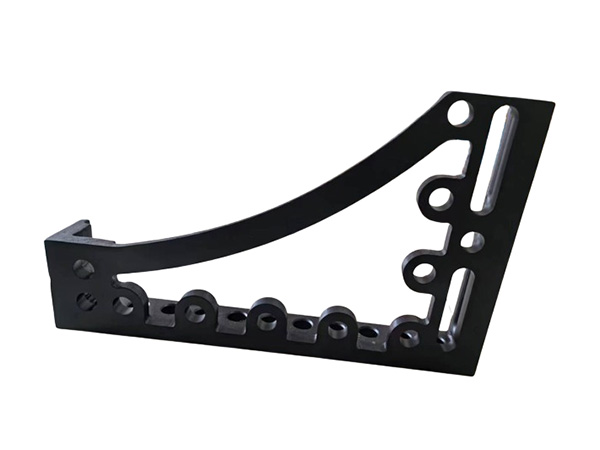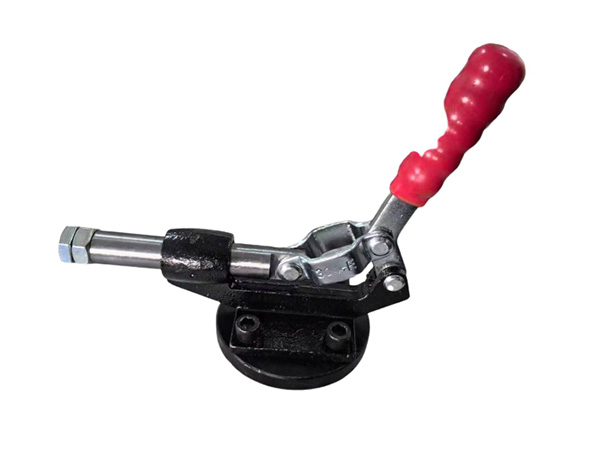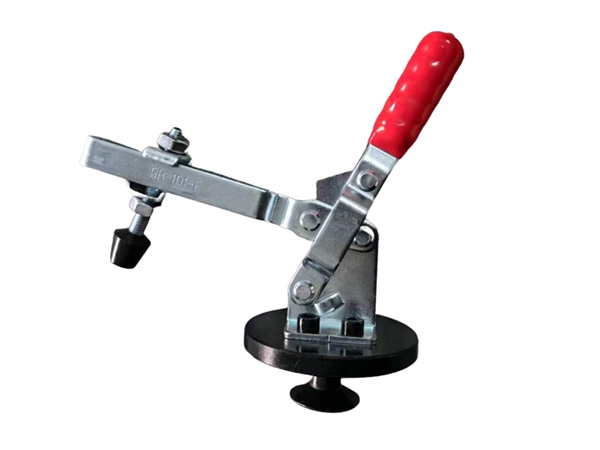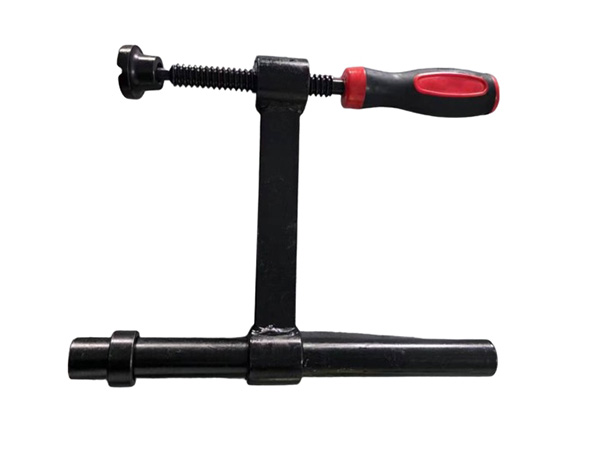- 网站导航 -
Address: Home > News > Technical documentation >
Innovations in Flexible Welding Systems for Modern Manufacturing
Time:2024-08-23 05:22:30 Author:Fadetong Clicks:163Second-rate
Introduction
In modern manufacturing, flexible welding systems are becoming a key force in enhancing production efficiency and product quality. With ongoing technological advancements, these systems are transforming the manufacturing industry. This article explores the latest innovations in flexible welding systems and demonstrates how these advancements can boost your production line efficiency and product quality.
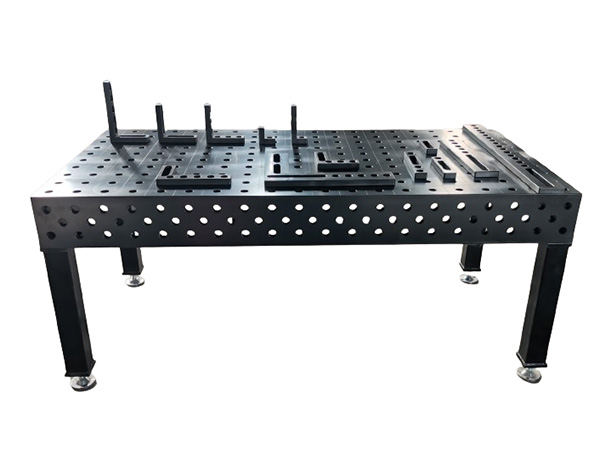
1. Technological Innovations in Flexible Welding Systems
1.1. Smart Welding Technology
Smart welding technology is a major innovation in flexible welding systems. By integrating advanced sensors and data analysis tools, smart welding systems can monitor key parameters like temperature, current, and voltage in real-time. This technology improves welding accuracy and reduces human error, significantly enhancing weld quality and consistency. If you aim for a higher level of intelligence in your production process, choosing smart flexible welding systems is your best option.
1.2. Automated Welding Solutions
Automated welding solutions make the welding process more efficient and reliable. Modern flexible welding systems are equipped with automated robotic arms that handle complex welding tasks without manual intervention. Automation not only speeds up production but also ensures welding consistency and repeatability, reducing labor costs. For increased automation and reduced production costs, automated flexible welding systems offer powerful support.
1.3. Modular Design
Modular design is another innovation in flexible welding systems. Modular systems can be flexibly configured to handle various welding processes and materials according to different production needs. This flexibility allows production lines to quickly adapt to market changes and customer demands, improving adaptability and efficiency. If you need a welding system that can be adjusted based on demand, modular design provides the perfect solution.
1.4. Energy Efficiency and Environmental Friendliness
Energy efficiency and environmental impact are crucial considerations in modern manufacturing. Flexible welding systems are optimized to reduce energy consumption and emissions. Advanced systems not only minimize environmental impact but also lower production costs, achieving a win-win in environmental and economic benefits. If you are concerned about environmental impacts, choosing energy-efficient and eco-friendly flexible welding systems will help you achieve more sustainable production goals.
2. Application Scenarios for Flexible Welding Systems
2.1. Automotive Manufacturing
In the automotive industry, flexible welding systems greatly enhance body welding efficiency and quality. Modern systems handle complex body structures, improving production line flexibility and response speed. By adopting advanced flexible welding systems, automotive manufacturers achieve higher production efficiency and superior body welding quality.
2.2. Aerospace
Aerospace applications require high welding standards. Flexible welding systems meet these rigorous requirements, whether welding aluminum or titanium alloys. Modern systems offer exceptional performance, ensuring the safety and reliability of aerospace products. Advanced flexible welding systems provide higher quality assurance for your aerospace projects.
2.3. Electronics Manufacturing
In electronics manufacturing, flexible welding systems handle the welding of precision electronic components. Their high precision ensures the stability and reliability of electronic products. Applying flexible welding systems enhances manufacturing quality and meets industry demands for precision and performance.
2.4. Construction and Infrastructure
Flexible welding systems are increasingly used in construction and infrastructure. They effectively connect various structural components, such as steel beams and pipes, ensuring structural stability. Choosing advanced flexible welding systems provides reliable welding solutions for your construction and infrastructure projects.
3. Why Choose Flexible Welding Systems
Selecting advanced flexible welding systems offers the following advantages:
Increased Production Efficiency: Through smart and automated technologies, production speed and efficiency are improved, reducing labor costs.
Guaranteed Weld Quality: Advanced systems ensure welding consistency and high quality, minimizing production defects.
Flexible Adaptation: Modular design supports various welding processes and materials, quickly adapting to market changes.
Environmental and Energy Efficiency: Eco-friendly welding processes reduce energy consumption and emissions, meeting modern environmental requirements.
Conclusion
Innovations in flexible welding systems are driving improvements in production efficiency and product quality. With advancements in smart technology, automation, modular design, and eco-friendly practices, flexible welding systems offer unprecedented advantages in manufacturing. To achieve higher efficiency and quality in your production process, choosing advanced flexible welding systems is a wise decision. Contact us today to learn how to integrate flexible welding systems into your production line and embark on your journey of manufacturing innovation!

